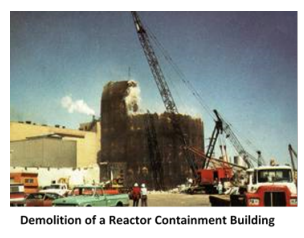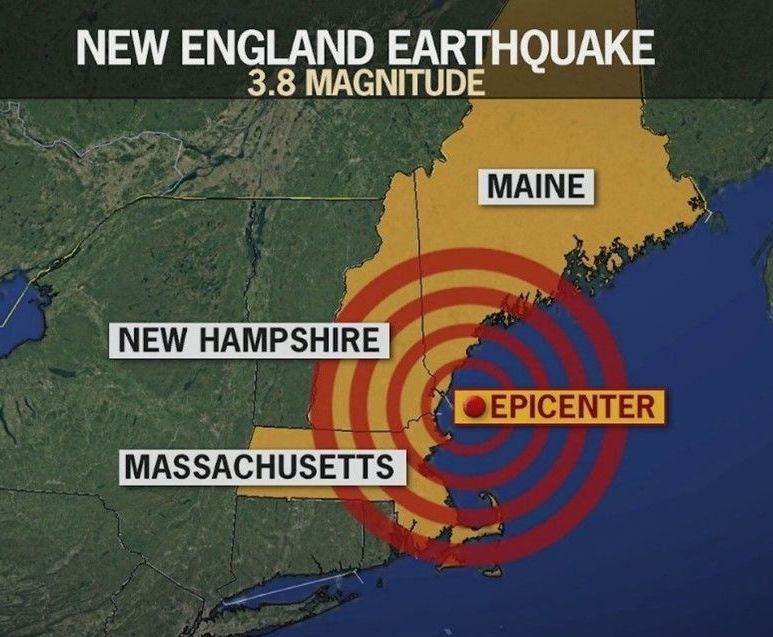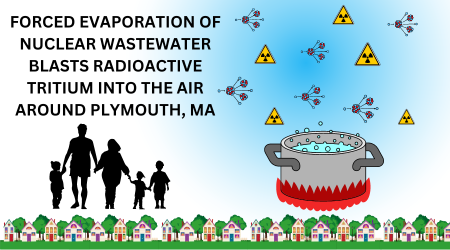Comment From C-10 on Proposed Changes to Rules for Decommissioning
- By Sarah Doenmez
- •
- 23 Aug, 2022

Anyone can submit a comment to the NRC on these proposed rule changes here! The Public Comment Period ends August 30.
C-10 Urges NRC to Prioritize Public and Environmental Safety, Community Engagement in Proposed Changes to Rules for Decommissioning Nuclear Power Plants
The Comment Period for the Regulatory Improvements for Production and Utilization Facilities Transitioning to Decommissioning rule ends on August 30, 2022
The NRC has proposed far-reaching changes to the regulations governing the decommissioning of nuclear power plants. While C-10 understands the need for efficiency and validates those changes to regulations which rectify outdated bureaucratic procedures, C-10 has grave concerns that the proposed changes weaken the safety provisions in the process for both citizens and the environment. The proposed changes put far too much authority in the hands of the profit-driven nuclear industry. Given that the NRC is charged with protecting public health and the environment, the current draft of the rules must be revised to strengthen local community and state engagement, and the NRC must take responsibility for ensuring that public safety and environmental protection are prioritized throughout the full decommissioning process.
C-10 has grave concerns about the provisions for emergency planning and response, which are delegated to FEMA and local governments in the proposed changes. After fuel has been in the spent fuel pool for 10 months, “the rule would eliminate the requirements for dedicated radiological offsite emergency planning, emergency planning zones (EPZs), and public alert and notification systems.” This raises serious issues for public safety. We concur with Commissioner Jeff Baran that “The NRC should require dedicated radiological emergency planning, including a 10-mile EPZ, until all spent nuclear fuel at a site is removed from the spent fuel pool and placed in passive, dry cask storage” (Baran 9). Neither FEMA nor local responders are prepared to handle radiological emergencies, and the responsibility for this rightly belongs to the industry. Likewise, the Emergency Response Data System should continue to be required until all spent fuel is in dry cask storage.
The proposed changes clearly de-emphasize environmental protections. They drop the requirement for an environmental impact review until after the process is completed and weaken the environmental information in the Post-Shut Down Decommissioning Activities Report. A site-specific NEPA review of the process should occur early in the decommissioning process and should provide opportunities for local stakeholders to be informed and involved. In the case of Seabrook, the ASR degradation of the nuclear plant would have a strong bearing on decommissioning, but this issue would not be recognized or taken into consideration without local and state involvement in the environmental review process, made in advance of decommissioning.
The period of time in which a site is required to be cleaned up should be reduced from 60 years to as soon as possible. The NRC must not abdicate its responsibility to review and approve irradiated fuel management programs. This proposed change sacrifices public and environmental safety in favor of the interests of the nuclear industry. Rather, regular NRC inspections, oversight, and reporting on decommissioning activities should be required.
Further, the proposed changes weaken the financial responsibility of the industry, which should be required to have secure funding for the full process when a nuclear power plant stops producing energy, and these funds must not be allowed to be used for other purposes.
Ensuring the safety of the public and the environment must be prioritized throughout the entire decommissioning process. The NRC must do more, not less, to exercise oversight and hold the industry accountable throughout the process. The current proposed rules weaken the authority of the NRC and make health and safety of people and environment subordinate to the lightening of regulations on the industry. This is unacceptable. The rules must be revised.
Relevant Sources:
Nulcear Newswire on extending comment period - May 2022
https://www.ans.org/news/article-3977/nrc-extends-public-comment-period-on-decommissioning -rule/
Federal Register: NRC’s Proposed Changes - March 2022
https://www.federalregister.gov/documents/2022/03/03/2022-03131/regulatory-improvements-for -production-and-utilization-facilities-transitioning-to-decommissioning
NIRS/CAN Comments on proposed rule - 2016 (still valid)
https://www.nirs.org/wp-content/uploads/2017/06/Decom_DraftRegBasis_CAN-NIRS_201706.p df
Senators Markey and Warren deplore proposed changes - November 2021 https://www.markey.senate.gov/news/press-releases/senators-markey-warren-denounce-nrcs-a pproval-of-proposed-decommissioning-rule
Jeff Baran’s dissenting vote on proposed changes - August 2021
https://adamswebsearch2.nrc.gov/webSearch2/main.jsp?AccessionNumber=ML21305B106
© C-10 Research and Education Foundation 2025 C-10 is a registered 501(c)(3) nonprofit. Tax ID/EIN #22-3117209.



